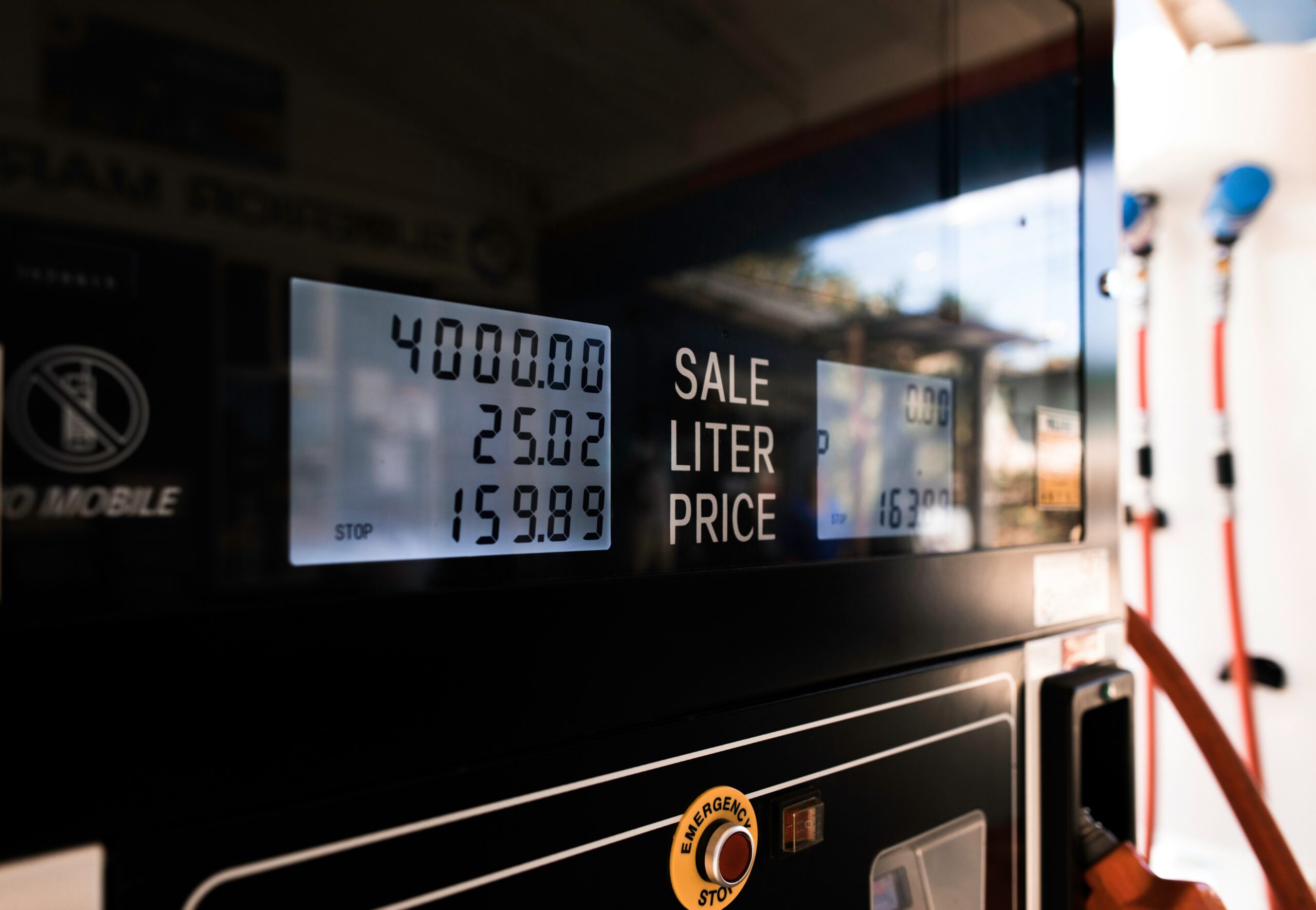Why GCC is a magnet for international capital?
The GCC’s transformation has turned the six states into attractive destinations for international financial institutions and FDI
Amid a global landscape characterized by inactive growth, soaring interest rates, and inflationary pressures, the six GCC states stand out for their resilience. Growth across Saudi Arabia, the United Arab Emirates, Qatar, Kuwait, Oman, and Bahrain is expected to reach 3.7% this year, soundly outpacing the 2.9% global average, according to consulting firm PwC.
Western lenders and financial institutions are responding by strengthening their presence in the GCC as they scale back elsewhere.
«The GCC has increasingly become an attractive region for banks and investors,» says Antoine Chemali, CEO of BNP Paribas Wealth Management Middle East, which has over 600 employees in the UAE, Saudi Arabia, Bahrain, and Qatar. «The rise of the financial sector in the region creates demand on not only individual needs but also corporate banking and financial solutions.»
Boasting a business-friendly environment and liberal policies, the UAE emerged as a financial hub two decades ago with the creation of the Dubai International Finance Center in 2004. Today, the free zone welcomes over 2,000 companies, including such international banks as HSBC, Royal Bank of Scotland, and JPMorgan Chase. In 2023, Dubai’s Financial Services Authorities registered 117 new firms, a 25% increase from 2022.
More recently, Dubai has become particularly attractive to asset managers and hedge funds, with applications from the latter group increasing 125% year-on-year. Newcomers include US-based Millennium Management and Wellington Management and Hong Kong-based WRISE Wealth Management.
The GCC economies’ growth over the last 50 years has created «an extraordinary stock of wealth for the public and private actors alike,» Lahsini notes. «Those actors are growing in sophistication and increasingly expect to be serviced locally.»
Saudi Arabia, the Arab world’s biggest market, is the next big thing on every banker’s mind. The kingdom has revamped its financial sector as firms consolidated to create some of the region’s largest lenders and new legislation eases entry for foreign players.
Beyond its oil wealth, the GCC is boosting its attractiveness with a commitment to diversifying its economies. Each state has outlined its ambitions: Saudi Arabia, Qatar, and Bahrain with Vision 2030; Kuwait with Vision 2035; and the UAE with We the UAE 2031.
«Financing infrastructure projects is key to creating jobs and opportunities across the region in the long run,» says Abu Manneh. «Encouragingly, GCC governments have adopted this long-term view, which has helped the pipeline of projects to remain strong.» International developers have also stayed engaged. Standard Chartered is among the international lenders providing diversified funding sources for projects including Neom and the North Field gas expansion.
The GCC states are also leveraging deep financial-sector reforms to attract global investors. Many have introduced structural changes to their capital markets, leading to a surge in initial public offerings. «The launch of innovative investment products, enhancements in post-trade infrastructure, and an increase in IPO activities have rendered the market more vibrant and approachable,» Abu Manneh says.
According to EY, the entire MENA region saw 48 IPOs in 2023, raising a total of $10.7 billion.
More From “Economics”

S&P: Banking sector in Kuwait, Qatar and UAE is to stay stable

UAE’s DAMAC Properties to invest $20bln in US data centers

Dubai real estate smashed records in 2024 with sales worth $142.4bln

Saudi Arabia has a major role in Syria’s future: Ahmad Al-Sharaa

Why GCC is a magnet for international capital?

EU’s green ambitions are threatened by Qatar’s warns of LNG halt

Saudi Arabia raised $12bln in international bonds amid strong demand

Saudi Arabia’s Maaden and Bahrain’s Alba end aluminum deal talks

GCC secures 6th spot globally in goods trade volume

The calls to revive Iraq-Syria oil pipeline after Assad overthrow grow

Regional challenges cost Egypt $7bln of Suez Canal revenues

Saudi Arabia raised $3.09bln in sukuk issuances for December



